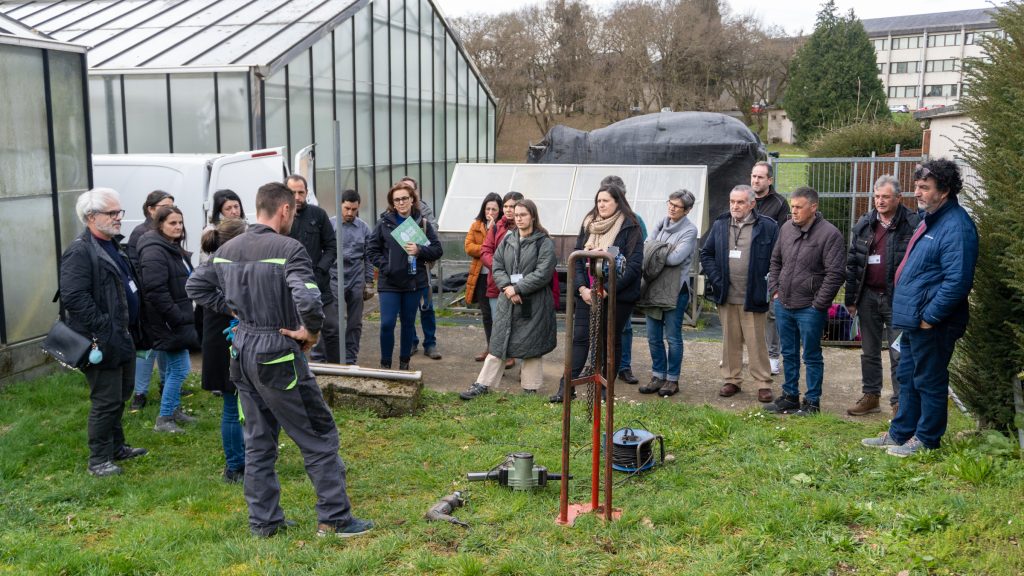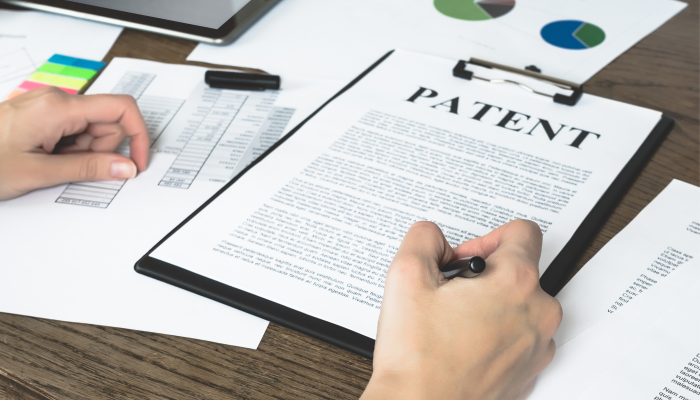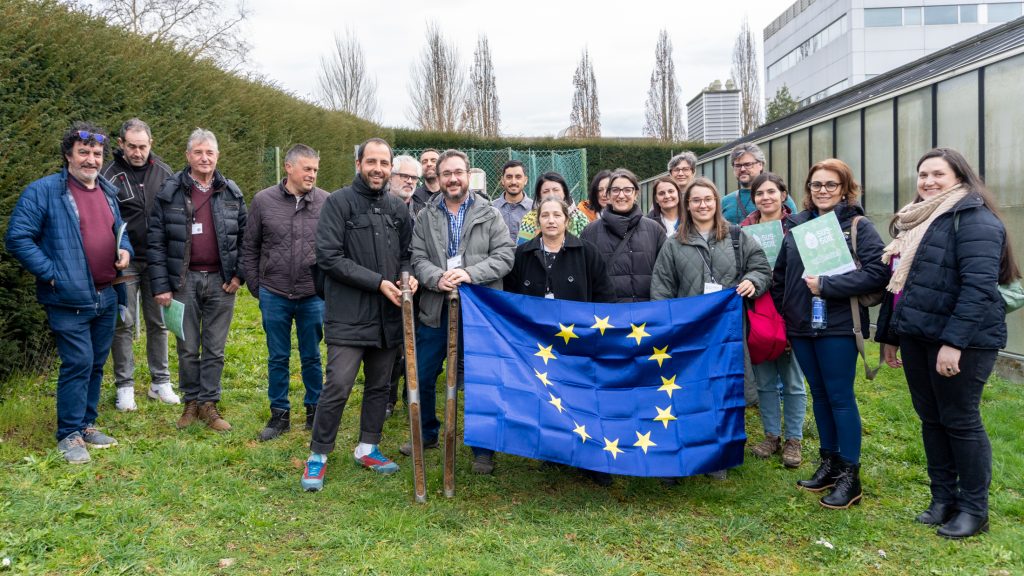
The University of Santiago de Compostela held the first Living Lab workshop in Galicia, marking a key milestone in SUS-SOIL, which aims to promote the sustainability of soils and subsoil health through the application of agroecological land use and management. This event brought together researchers, farmers and other key stakeholders to share knowledge, discuss challenges and develop innovative solutions for regenerative agriculture and improved soil health in the Galician region.
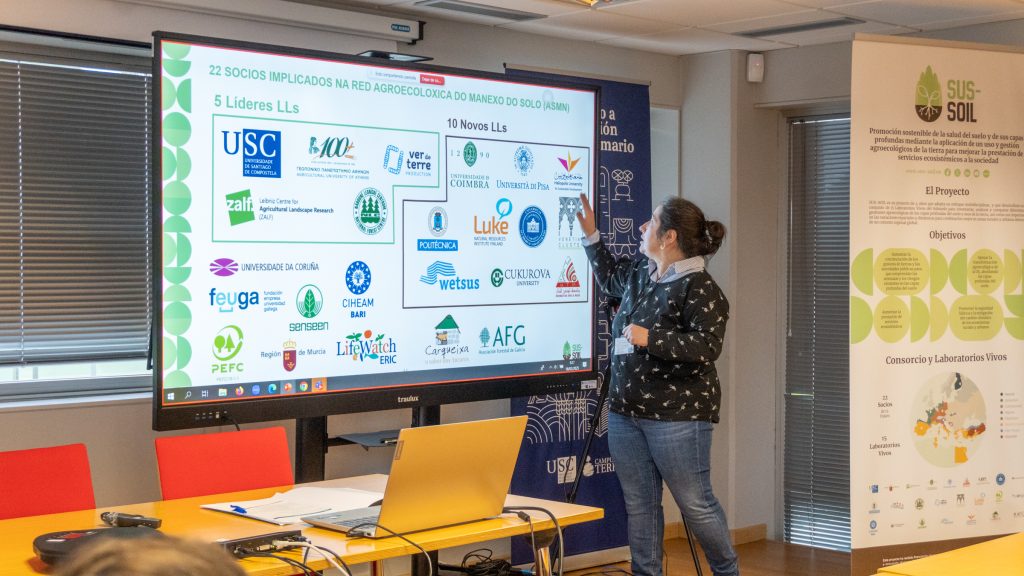
During the event, key issues were addressed, such as the European Union initiative Mission Soil within the Horizon Europe programme, which aims to ensure that at least 75% of soil health in the European Union is regenerated by 2030. In this context, the European Network of Living Labs plays a key role in providing collaborative spaces where it is possible to experiment, validate and develop innovative solutions to improve soil health.
In addition, tools that the SUS-SOIL project will develop in its four years of life to face these challenges were presented, such as the soil monitoring database, the subsoil knowledge cloud and subsoil decision support tools.
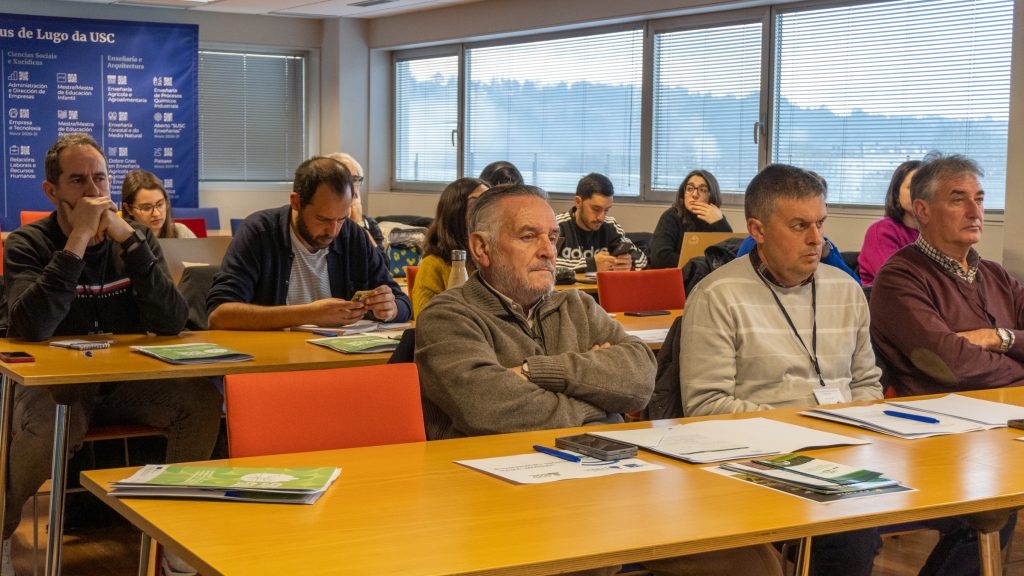
The event concluded with an exemplification of field sampling to check the condition of deep soil layers at two nearby locations, and a visit to the Traloagro farm in Friol, whose rural ecology model prioritises sustainable pasture management, water quality and animal welfare.
